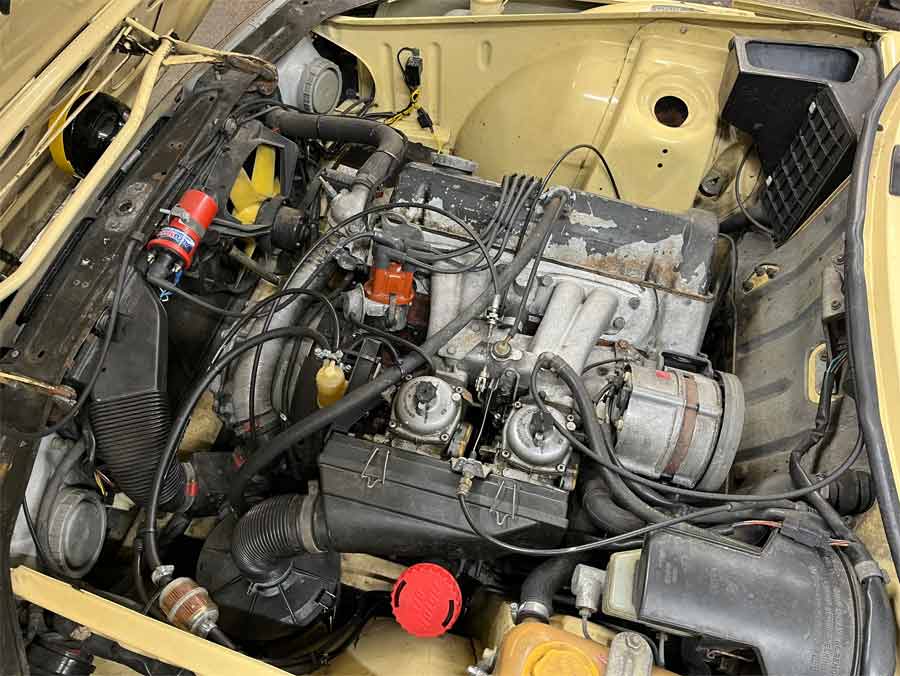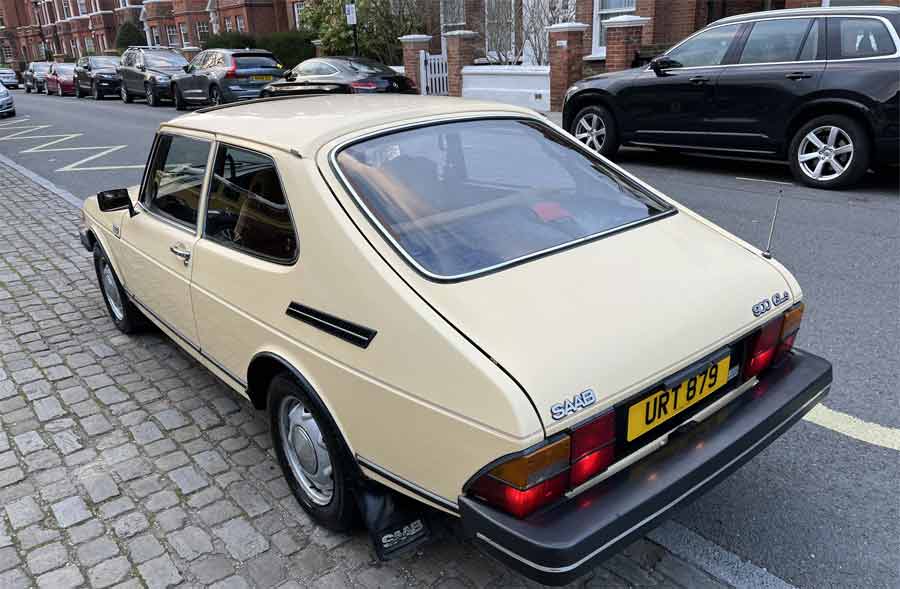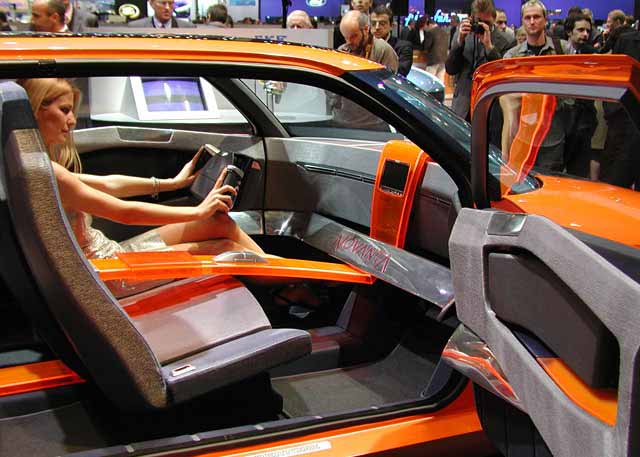Table of Contents
The Timeless Appeal of the 1981 Saab 900 GLS
Classic cars capture our imaginations not just with their timeless aesthetics but also through their stories of innovation and the personal histories they embody.
Among these automotive treasures is the 1981 Saab 900 GLS Twin Carburettor, a model celebrated for its robust engineering and distinctive style. This piece explores the compelling narrative of this classic Saab, from its design and performance to its enduring appeal among collectors.
Unveiling the Icon
The Saab 900 series, introduced in the late 1970s, quickly became a testament to Saab’s commitment to engineering excellence. The 1981 GLS Twin Carburettor version boasted a 2000cc engine equipped with a twin carburettor setup, enhancing both power and reliability. Its three-door coupe style, complete with twin bonnet vents and a sliding sunroof, offered both functionality and sporty appeal, making it a favored choice for those who appreciated a blend of performance and sophistication.

Adapted for the UK with its right-hand drive, this Saab model’s automatic three-speed transmission paired seamlessly with its robust engine to deliver a smooth and comfortable driving experience, reflecting the vehicle’s design to be both enjoyable and practical for its time.
Design and Aesthetics: Embodying Function and Form
The design of the 1981 Saab 900 GLS reflects a harmonious balance between classic appeal and modern functionality. The corrosion-free body and pristine original interior underscore the meticulous care taken by its owners over the decades. Period-specific chrome hub caps and original fasteners preserve its authenticity while enhancing its elegant appearance.

Particularly notable are the car’s non-plastic, stand-alone door mirrors and the charming early-type seat belt latches, which are seldom seen in more recent years and add a unique vintage charm to the vehicle.
Engineering and Performance: Built to Last
Saab’s engineering philosophy emphasized practical innovations that enhanced the driving experience in terms of comfort, safety, and driveability. This ethos is evident in the 1981 Saab 900 GLS, with its twin carburettor system improving engine efficiency and overall vehicle performance. Recent maintenance—including updates to the water pump, power steering rack, and brake system—ensures that the car remains reliable and functional, even in modern traffic conditions.
The car’s ability to perform reliably, even after being left out in freezing conditions, highlights its enduring dependability and the care invested in its upkeep, making it a true pleasure to drive.
Cultural Resonance and Collector Appeal
Saab vehicles have historically been associated with attributes of respectability and intelligence, often chosen by professionals like architects and teachers. This model, with its engineering-first approach reminiscent of brands like Alfa Romeo and Mercedes, appeals to those who value thoughtful design and practical functionality.
The 1981 Saab 900 GLS, particularly in its pale yellow finish with burnt orange upholstery, is not only a nod to the aesthetic sensibilities of the 1970s but also stands out for its rarity and historical value. Its status as a ULEZ-exempt vehicle, coupled with zero-rated VED and MOT exemption, makes it an attractive option for city dwellers seeking a classic car that offers both style and substance.

The Joy of Owning a Saab: More Than Just a Car
Owning a 1981 Saab 900 GLS Twin Carburettor is about more than just possessing a vehicle; it’s about preserving a piece of automotive history. Its combination of design, performance, and rarity makes it a coveted item for collectors, while its reliability and the extensive maintenance it has received justify its premium asking price.
For enthusiasts and collectors alike, this Saab is not just a means of transportation but a testament to the joy and pride of owning a part of automotive heritage. Its continued appeal is a tribute to the timeless allure of classic cars, reflecting a legacy of innovation and quality that continues to resonate with car lovers around the world.
Whether you are a seasoned collector or a newcomer to the world of vintage automobiles, the Saab 900 GLS offers a unique opportunity to experience the enduring charm and proven reliability that classic cars are known for.












My first car ever Saab 900 GLS 1981 mod with twin Stromberg carbs.💪😎
The 900 was based on the 99, a car model from 1967. Of course improved, but basically an outdated car when it was launched in 1978. And really outdated when it ended in 1993. The successor was based on the boring Opel Vectra. SAAB didn’t have the money to develop new car models.
They had s new model under developement when GM toke over. Saab was forced to use Opel Vectra platform and stop their own platform.
I miss these cars very much, most enjoyable car I’ve ever owned.
That is NOT a 1981 900GLs – it might’ve been registered in 1981 but it is an earlier car. 1981 cars did not have twin bonnet vents (that was for 1979 only), the door mirrors and steering wheel were changed for 1981 as well. I’ve had a bicker with someone who thinks they know 900s better, but I do have the 1981 brochure at home. Sure there are plenty of copies available on internet.
it was an outdated design, but it was a good performer, especially against all the other humdrum vehicles that were coming out of the USA, and while Japan had some reliable, modern vehicles, they were mostly utilitarian, and didn’t have quite the performance of the 900 turbo
Cool, jag køpte en ny 900 direkt efter introduksjonen, 2.3 liter, lugn och fin motor, men saknade direkt min gamla 900 GLi från -84, mycket battre kvalitet , och en snygg bil . Skall Hr Lønnermo på SAAB Reunion då?
My fathers car had chassienumber 140, gls with twin carbs, 108 hp, automatic, dark blue. Delivered september 1978 as i remember.
Love that classic Alabaster paint color!